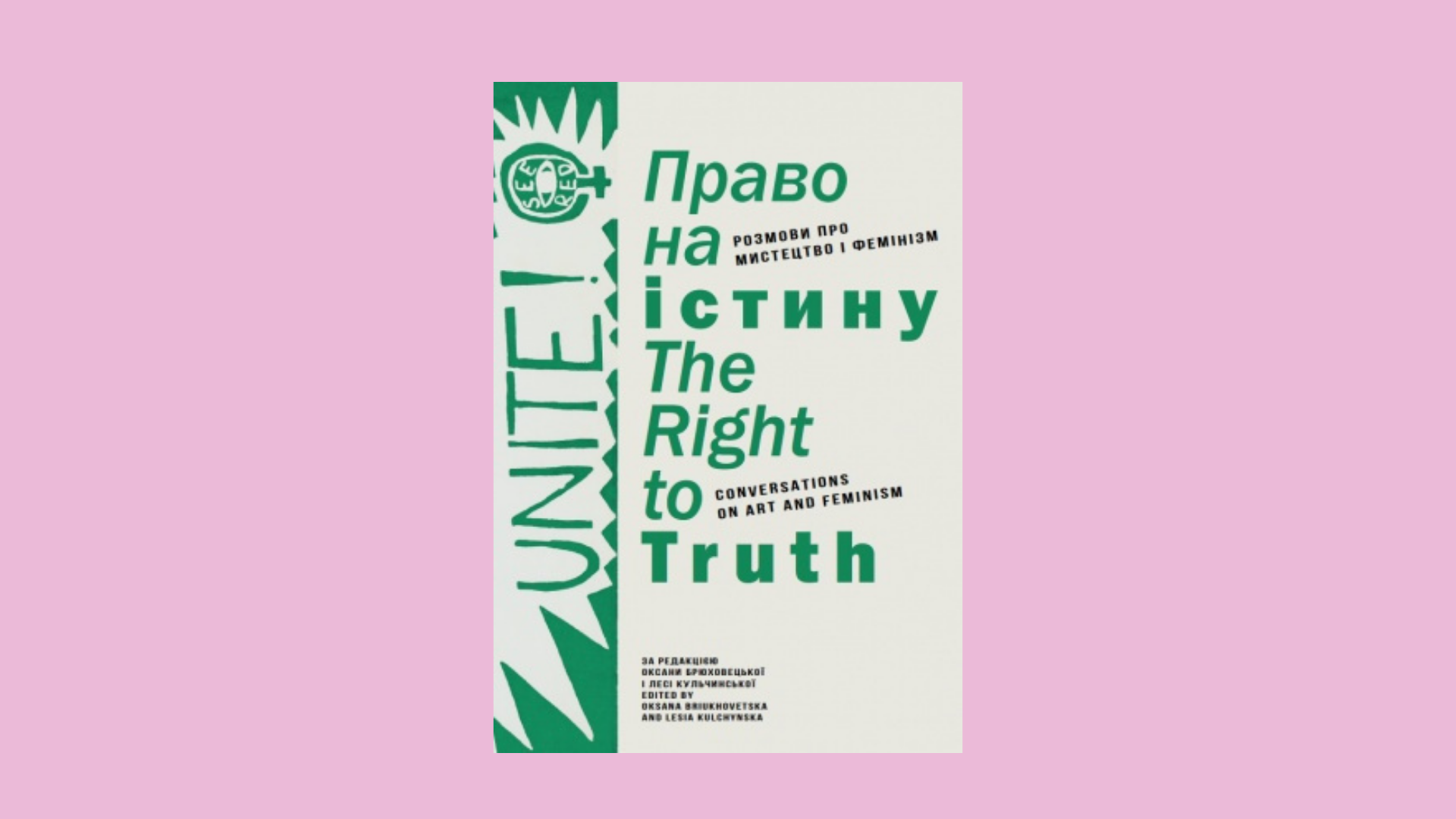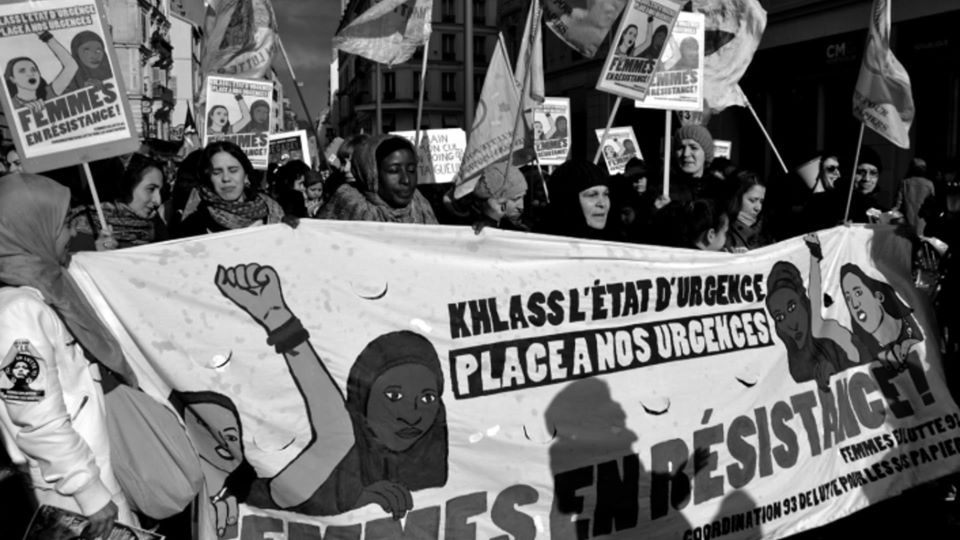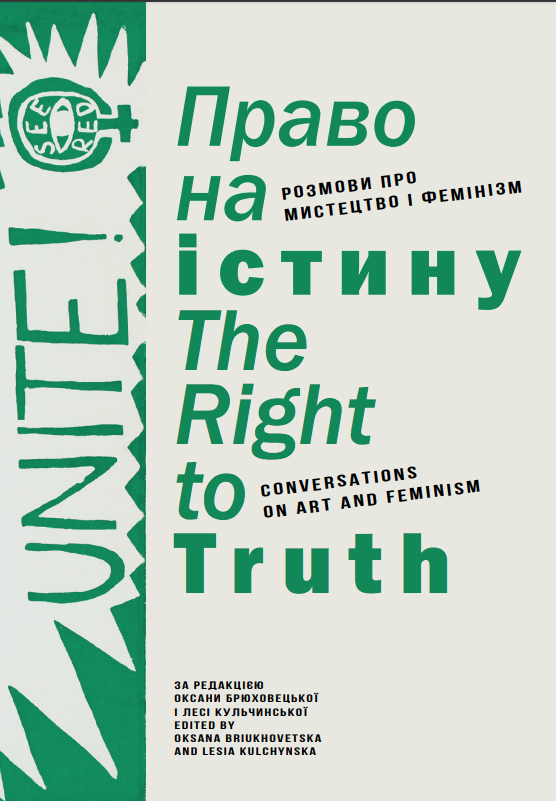Sep 28, 2019
The Right to Truth
We are happy to announce the launch of the book “The Right to Truth: Conversations on Art and Feminism”, edited by Oksana Briukhovetska and Lesia Kulchynska, published by Visual Culture Research Center (Kyiv) in collaboration with European Alternatives (Paris).
How can feminist art be a driver to social change? What does it mean to be a feminist contemporary artist in France and Ukraine? What can we learn about inclusive, feminist and postcolonial Europe from modern feminist artistic movements? We are happy to announce the launch of the book “The Right to Truth: Conversations on Art and Feminism”, edited by Oksana Briukhovetska and Lesia Kulchynska, published by Visual Culture Research Center (Kyiv) in collaboration with European Alternatives (Paris). The book is a compilation of conversations between artists and cultural actresses about contemporary art, feminism, which goes beyond the feminist discourse centered on Western Europe. It questions the reality of feminist art in a post-Soviet space, particularly in Ukraine and Belarus.
The book is divided into three parts: “Art Practices”, “Philosophy” and “Art Institutions and Activism”. Art is presented together with activism and the activities of institutions and curators who work in them to recreate the atmosphere of mutual influence that exists in real life. Philosophical thought presented by the interview with French philosopher Geneviève Fraisse is what connects all these processes and puts them in historical perspective.
From the preface to the book (Oksana Briukhovetska and Lesia Kulchynska)
“The truth is very closely connected to power. Anyone who allows themselves to speak on its behalf automatically rises above others, those who are wrong. At the same time, those who wield power have the right to judge what is true and what is false. Is it possible to break this vicious cycle of domination and subjugation without abandoning the category of truth?
The right to truth postulated in this collection is the right to question “correct” answers, and thereby the authorities that proclaim them, and to listen to oneself, to one’s own feelings, needs, desires and doubts. To listen to one’s body, which has an age, sex, complexion, skin color, social experience. The next step is the courage to talk about this, to put your “personal” in the public sphere. The truth of personal experience is always specific, and this particularity gives it the right to be taken into account. The realization of this right is the only way to equality and freedom as a practice of human relations.”


